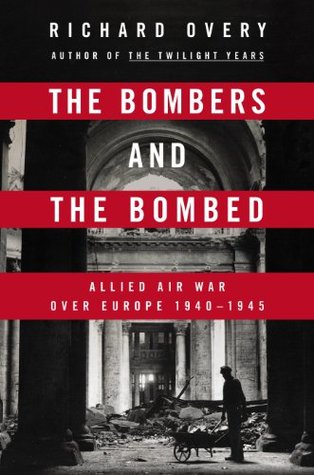The pressure on airfield space was reduced by the decision very early in the war to disperse most of the basic training overseas. It is seldom sufficiently acknowledged that the British bombing effort during the war was in reality a British Commonwealth undertaking. Britain was never “alone” during the Second World War. On December 17, 1939, an agreement had been signed with the Canadian government to set up the British Commonwealth Air Training Scheme on bases in Canada. During the course of the war a peak of seventy-three schools were set up under the scheme, with a further twenty-four under
The pressure on airfield space was reduced by the decision very early in the war to disperse most of the basic training overseas. It is seldom sufficiently acknowledged that the British bombing effort during the war was in reality a British Commonwealth undertaking. Britain was never “alone” during the Second World War. On December 17, 1939, an agreement had been signed with the Canadian government to set up the British Commonwealth Air Training Scheme on bases in Canada. During the course of the war a peak of seventy-three schools were set up under the scheme, with a further twenty-four under RAF control. The scheme turned out 131,000 trained aircrew, including 49,808 pilots and 29,963 navigators. By 1944 over 3,000 completed training each month. The majority (55 percent) went into the Royal Canadian Air Force (a high proportion for Canadian units in Bomber Command), while the RAF took one-third; the remainder went to the Australian and New Zealand air forces.51 Other British aircrew were also posted to training schools in the United States under the so-called Arnold Scheme. In April 1941 the American army agreed to allow British participation in the Southeast Air Corps Training Program in the southern United States, and 7,885 pilots were sent for basic training, together with 1,200 navigators. The program was linked with Canadian training, but the failure rate in the United States was high because of the poor level of scientific education among British recruits, and the ...
...more
This highlight has been truncated due to consecutive passage length restrictions.


